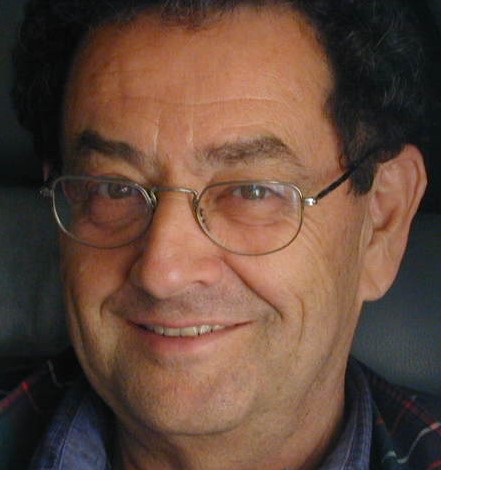Prof. Zehev Tadmor
 The Samuel Neaman Institute is an independent institute for national policy research, located at the Technion in Haifa. The vision of the institute is to promote informed national policy decisions in the State of Israel by means of scientific research and fact-based analysis of data.
The Samuel Neaman Institute is an independent institute for national policy research, located at the Technion in Haifa. The vision of the institute is to promote informed national policy decisions in the State of Israel by means of scientific research and fact-based analysis of data.
The institution was established by Mr. Samuel Neaman, a native of Rosh Pina in the Galilee, a graduate of the Mikveh Israel Agricultural School, a member of the IDF precursor the Haganah, and a high-ranking officer in the British army throughout World War II.
At the end of the War in expectation of the establishment of the State of Israel, he was instructed by Mr. Moshe Sharett to raise funds for the new State in formation and he was leading the sale of Israel Bonds, conceived by David Ben-Gurion in the United States.
Years later he moved on to a very successful business career in the United States and joined the American Technion Society to which he contributed a large fund dedicated to the establishment and activities of the Samuel Neaman Institute.
The aspiration and mission of the Institute is to be a leading research institute, which identifies, formulates, and analyzes policy issues of national importance in the field of economic, scientific, and social development in the State of Israel. All this to encourage an informed public debate, which will promote and assist in the decision-making process of the State of Israel.
The institute focuses mainly on outlining national policies in science and technology, industry, society, education and higher education, physical infrastructure, environment and energy and other issues in which it can make a unique contribution.
The institute was established in 1978 and is headed by a tenured professor at the Technion appointed for a term of up to five years. Its board of directors includes representatives of the President of the Technion and representatives of Neaman funds.
The institute is housed in its own building donated by Mr. Neaman. The institute employs 30 senior research fellows and 15 senior researchers, and a small administrative staff.